Energy savings of new refigerator vs. 10 year old model?
cruzmisl
15 years ago
Featured Answer
Sort by:Oldest
Comments (21)
davidro1
15 years agoya_think
15 years agoRelated Professionals
Amherst Kitchen & Bathroom Designers · Commerce City Kitchen & Bathroom Designers · Lenexa Kitchen & Bathroom Designers · Ocala Kitchen & Bathroom Designers · Springfield Kitchen & Bathroom Designers · Wesley Chapel Kitchen & Bathroom Designers · Forest Hill Kitchen & Bathroom Remodelers · Bloomingdale Kitchen & Bathroom Remodelers · Mesquite Kitchen & Bathroom Remodelers · Phillipsburg Kitchen & Bathroom Remodelers · Wilmington Island Kitchen & Bathroom Remodelers · Mountain Top Kitchen & Bathroom Remodelers · Kiryas Joel Appliances · Avocado Heights Cabinets & Cabinetry · Jeffersontown Cabinets & Cabinetryharriethomeowner
15 years agodavidro1
15 years agobluekitobsessed
15 years agojakkom
15 years agodavidro1
15 years agochefkev
15 years agoharry_wild
15 years agohover2gb
15 years agodavidro1
15 years agofandlil
15 years agodavidro1
15 years agochris8796
15 years agodavidro1
15 years agorharley_uwo_ca
12 years agongzcaz
3 years agoBridget Wolff
3 years agoharry_wild
3 years agodadoes
3 years ago
Related Stories

KIDS’ SPACESThis Designer’s Client Was Her 10-Year-Old Son
What do you give a boy with a too-babyish bedroom when he’s approaching double digits? See for yourself
Full Story
ORGANIZING10 Things to Remember While Decluttering in the New Year
Fast-track the process and ease the stress by making a plan before you begin
Full Story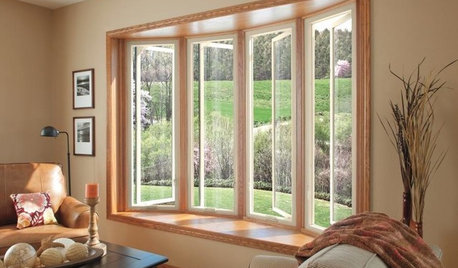
GREAT HOME PROJECTSUpgrade Your Windows for Beauty, Comfort and Big Energy Savings
Bid drafts or stuffiness farewell and say hello to lower utility bills with new, energy-efficient windows
Full Story
LIFE10 Beautifully Simple Ways to Go Greener in the New Year
You may just find more green in your wallet along the way
Full Story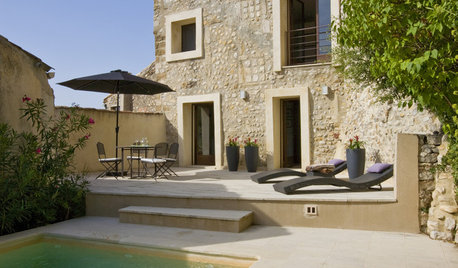
MODERN HOMESHouzz Tour: 800-Year-Old Walls, Modern Interiors in Provence
Old architecture and new additions mix beautifully in a luxurious renovated vacation home
Full Story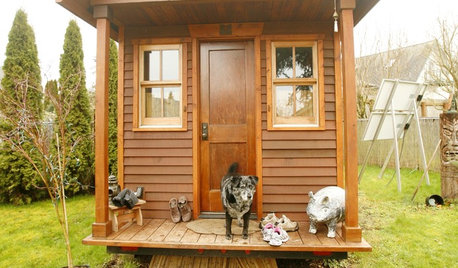
SMALL SPACESLife Lessons From 10 Years of Living in 84 Square Feet
Dee Williams was looking for a richer life. She found it by moving into a very tiny house
Full Story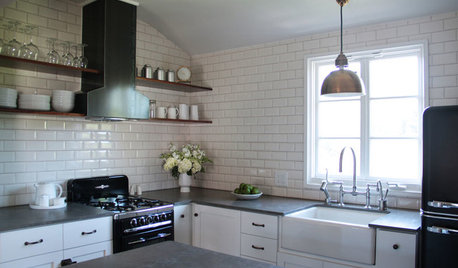
KITCHEN DESIGN10 Big Space-Saving Ideas for Small Kitchens
Feeling burned over a small cooking space? These features and strategies can help prevent kitchen meltdowns
Full Story
GREEN BUILDINGEasy Green: 10 Ways Toward a Zero-Energy Home
Imagine never paying an electric bill again. With a zero-energy home, it's possible — and anyone can make it happen
Full Story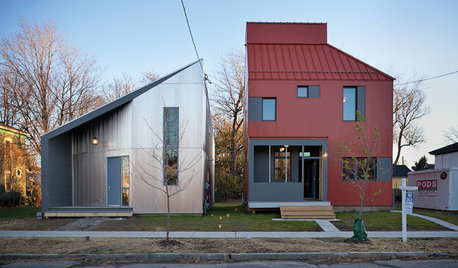
ARCHITECTUREEnergy-Saving Ideas From 3 Affordable Green-Built Houses
Get lessons in budget-friendly green building from design competition winners in New York state
Full Story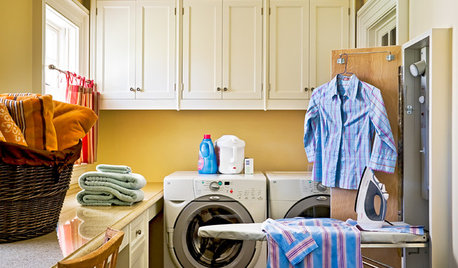
LAUNDRY ROOMS6 Ways to Save Energy in the Laundry Room This Summer
Use these cleaning and maintenance tips to help you save money and energy while doing the wash
Full StorySponsored
Professional Remodelers in Franklin County Specializing Kitchen & Bath
More Discussions






dadoes